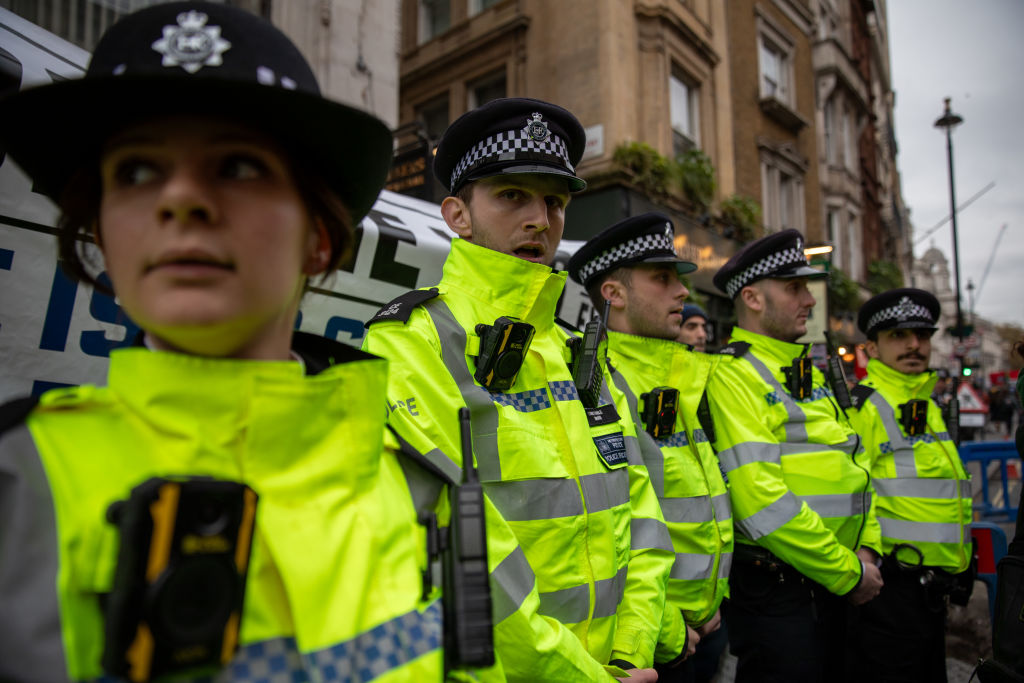Hate crime is back in the news. The legislation has worried supporters of free speech for some time, but until last week few people were aware of the risk it poses to journalists — and female journalists in particular. The revelation that two well-known women, the Telegraph columnist Allison Pearson and the author Julie Bindel, have both received visits at home from police officers has caused outrage.
Yesterday, Shadow Home Secretary Chris Philp joined in a chorus of criticism, suggesting that officers are misusing the law “probably 90%” of the time. His intervention highlights the problem at the heart of hate crime legislation, which arrived on the statute books even though no one has ever been able to define it. Police forces have tried to get round this absence of clarity by inventing an Orwellian-sounding category of “non-crime hate incidents”, which don’t meet the threshold of criminality.
You might think the clue is in the name: if something isn’t a crime, why are the police bothering with it at all? What it means, if we strip away the jargon, is: “we don’t think you’ve committed a crime but we believe you might, so we’re putting a mark against your name.” They don’t even have to tell you they’re doing it, although a knock on the door rather gives the game away. Philp believes NCHIs should be used “extremely rarely”, when there is a “real risk of imminent criminality”. But they’re not — 13,200 were recorded in the 12 months to June 2024 — and Labour wants to reverse guidance issued last year to ensure forces log NCHIs only if there is a serious risk of harm.
Essex Police disputes Pearson’s account, claiming its officers were investigating “an incident or offence of potentially inciting racial hatred online” rather than an NCHI, but that merely confirms the shameful lack of precision involved in such visits. Either way, the force appears to have been somewhat slow off the mark, responding to an unspecified social media post Pearson made a whole year earlier. In 2019, Bindel was told one of her posts on Twitter was being investigated as a “hate crime” following a complaint “from a transgender man in the Netherlands”. Refused any further information, she sensibly declined to attend a voluntary interview and the matter was dropped.
But these events confirm what supporters of free speech have always known, which is that laws against “hate crime” are an invitation to the disturbed, malicious and easily offended. Trans activists love them, claiming to be victims of “hate” when someone disagrees with them or posts something that hurts their feelings. Curiously, it doesn’t work in the other direction: we’ve all seen police officers look the other way when feminists are confronted with placards calling for murder or sexual violence.
Not that I’m calling for greater use of “hate crime” law. The entire concept is flawed, diverting police resources to deal with matters that aren’t — or shouldn’t be — criminal offences. In England and Wales, 3,000 incidents of violence against women are recorded by the police every day. When they come knocking on someone’s door, it should be in pursuit of unconvicted rapists and domestic abusers, not women who’ve expressed an opinion.











Join the discussion
Join like minded readers that support our journalism by becoming a paid subscriber
To join the discussion in the comments, become a paid subscriber.
Join like minded readers that support our journalism, read unlimited articles and enjoy other subscriber-only benefits.
Subscribe